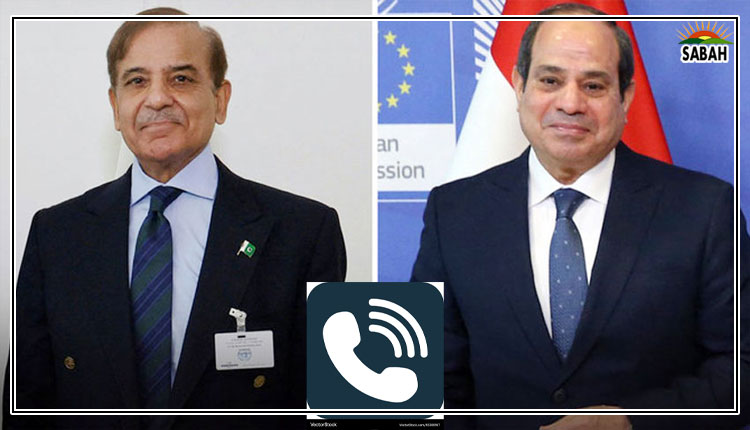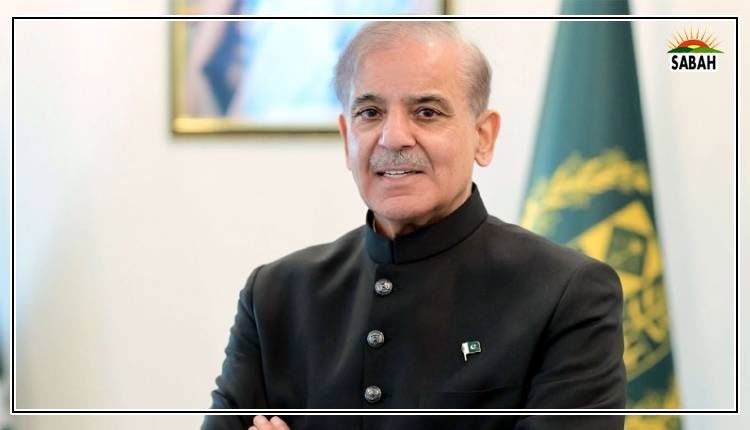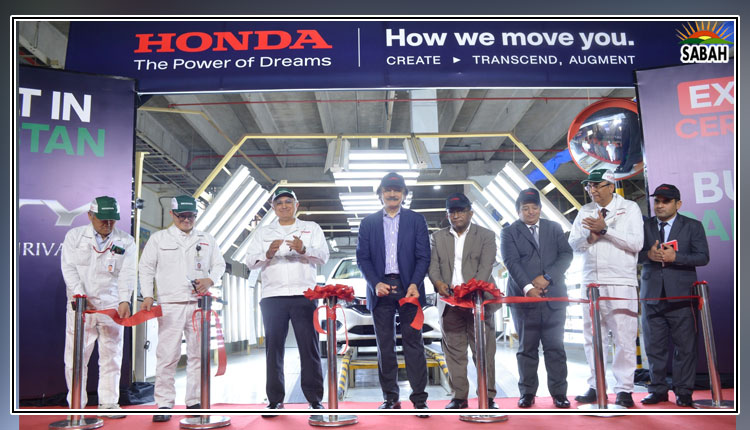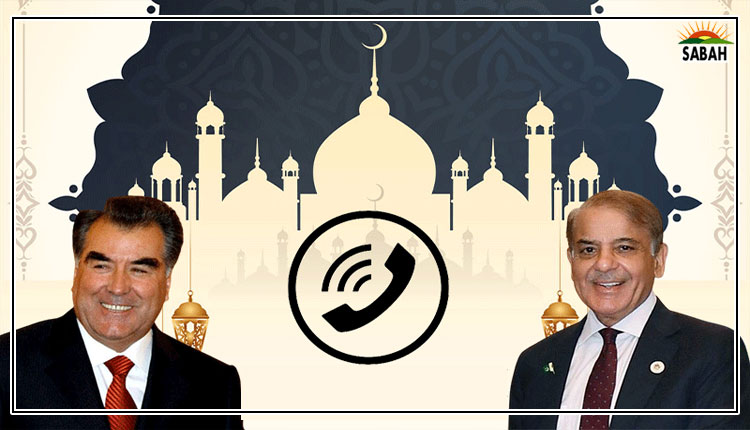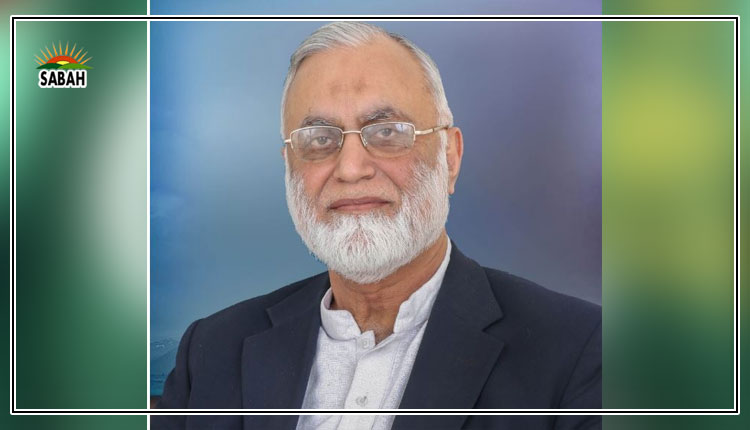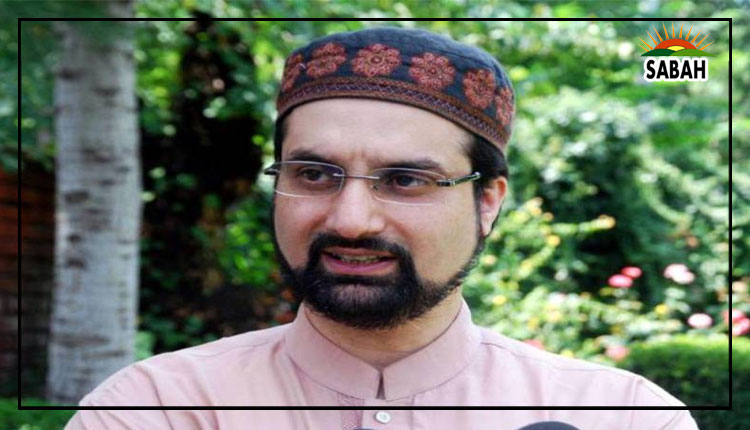Mirwaiz Umar Farooq condemns torture of four civilians in Kishtwar by Indian troops
SRINAGAR, Nov22 (SABAH): Senior leader of All Parties Hurriyat Conference and head of the Muttahida Majlis-e-Ulema (MMU) Mirwaiz Umar Farooq has strongly condemned the torture of four civilians in Kishtwar, Indian illegally occupied Jammu and Kashmir, who were taken by Indian forces for questioning.
According to media reports, Mirwaiz Umar Farooq, addressing the Friday congregation at historic Jamia Masjid in Srinagar said the disturbing images circulating in the media depicting severe torture marks on their bodies have raised significant concerns about human rights violations in the territory.
He expressed deep sorrow over the incident, highlighting the ongoing issue of impunity and abuse of authority that has plagued the Kashmir conflict for decades. He emphasized that perpetrators of such acts were rarely held accountable, and hoped that the inquiry ordered by the authorities would lead to justice for the victims.
Furthermore, Mirwaiz addressed another pressing issue regarding a recent directive from a BJP-ruled state mandating that Mutawalis (caretakers) seek consent from a state-appointed Waqf head before delivering Friday sermons. He described this move as a direct attack on the religious rights and freedoms of the Muslim community, asserting that it exceeds the jurisdiction of any Waqf Board.
“This directive exposes the true motives behind the Waqf Amendment Bill introduced by the BJP in Parliament,” he stated. “Authorities’ control over religious rights and affairs is completely unacceptable and will be met with strong opposition from Muslims,” he added.
Meanwhile, Mirwaiz Umar Farooq, speaking to media persons in Srinagar, asserted that the Kashmir dispute can only be resolved through a meaningful and result-oriented dialogue process, underscoring that no issue has ever been settled through violence or force.
He stressed the importance of a political solution to the Kashmir dispute. “We want to emerge from this state of uncertainty, and for that, a constructive dialogue is essential to resolve the dispute,” he said.


